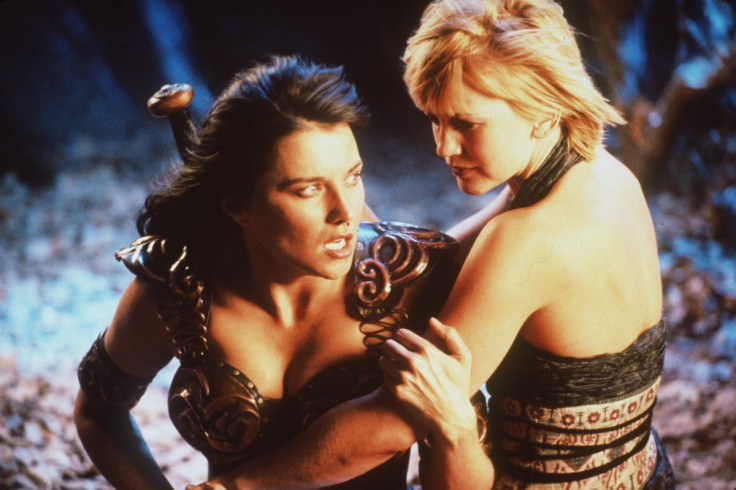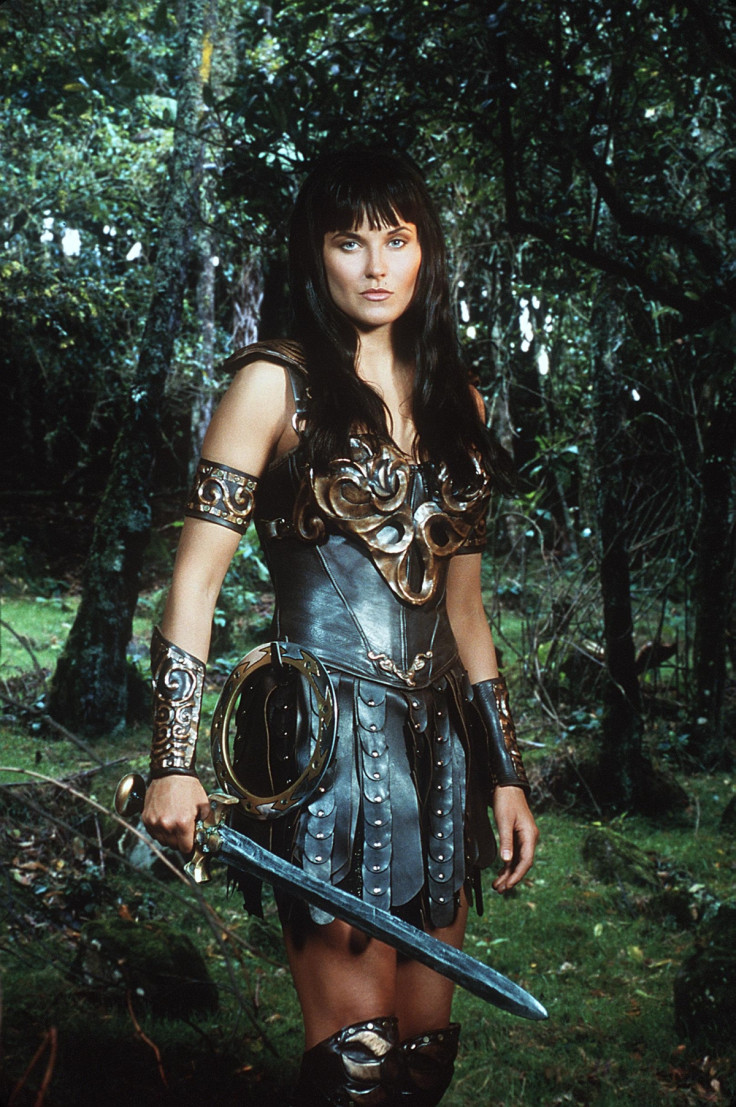What an out lesbian Xena: Warrior Princess would mean to the LGBTQI community

One of the trending topics of the past week has in fact been in the entertainment domain since last July. Television star and iconic LGBTQI heroine Xena: Warrior Princess is being discussed as the star of a possible new televised hybrid digitalised out lesbian series.
The notion of a reboot or a reimagining in what is a discourse of digital language has been mooted by Javier Grillo Marxvach. Do we really expect our sub-text lesbian heroine to emerge unscathed as the character we came to love and in some cases revere? I very much doubt it. However, it's 21 years since this heroine first graced our television screens along with the sub-text "coming out" or "rights of passage" narrative digital cult fandom that it spawned.
The suggestion by TV watchdog Ofcom report that minority groups are continually under-represented in television has managed to get some publicity again. This has been witnessed recently by many fans of another cult following series, entitled The 100, whose TV series followed a progressive narrative, or so the fans thought it did, until l its recent abrupt termination of one of the main favourite LGBTQI characters Commander Lexa. The death of this character and the death of Xena have similar circumstances in that it was decided by the powers that be, after a long-awaited same sex kiss, that one of the characters need to face punishment.
In the final episode of Xena the fans are given one last glimpse of what could be interpreted as a tender passionate kiss between the heroines as Gabrielle tries to save Xena's life by placing water into her mouth. The fans put their own spin on this representation and gave the image an inspired 90-degree turn. The image depicted the heroines in a standing position in which Gabrielle holds the face of Xena, the last intimate screen kiss before Xena is put to death.

Contemporary scholars continue to explore how women define themselves and the values they give to these definitions as they view messages from television and other media products. Discourses of diverse identities is one of the driving forces behind communities and their use of the internet as a platform for their articulation of identity. Lesbians have had this reoccurring viewing experience in the cinema and television for over sixty years. In the instance of The 100, fans demonstrated their discontent of this historical stereotypical tragic ending of the LGBTQI character by advising fans to refrain from watching the offensive episode. Spoilers were being used as a tool of defiance.
The online narrative outlets for these so-called 'protective' characteristics in the equality act (2010) of a section of our global society are still being marginalised and are viewed as a constant 'work in progress'. The fan-based communities of television series such as Xena and The 100 have grown into a highly developed, sophisticated, convergent, active audience, engaging with outsider identities formed in the past, present and future.
The LGBTQI audience is concerned with illuminating and framing their discussions of identity, sexuality, economic and cultural positions as an oppressed group, by showing their political concern to the media industry.
They do this by giving themselves the possibility of agency through putting their protesting voices and 'call to action' techniques where it hurts the most, in the television ratings arena. They have responded to the universal historical broadcast message of stereotypes that persistently prevails. Xena fans did this at the forefront of online social media while it was still its infancy, it still held some clout within the industry although it was not displayed in such a grand scale as the term 'disappointment' is now.
An attempt and sometimes a victory of digital media politics can be observed in various forms of communication or non-communication, depending were your allegiance aligns itself. It can be within a singular platform or using a mixture of blogs, Facebook, Twitter, Tumblr, or emails. Minority identities are discussed in new debates taking place in television, the internet, and fandom, especially those of lesbianism. This modern debate confirms that the television and on-screen images play extremely functional roles in how lesbians, bisexuals, homosexuals, transgender and non-binary or gender non-conforming people envisage themselves in a wider social cultural and political environment.
Xena: Lesbian Warrior may or may not return to our TV screens, however, the mechanism and lens through which self-identifying or developing lesbians could view their migration history had and continues to have its roots in narratives and programmes of popular culture. The modern lesbian will continue to read the different ways identities and sexualities and ordinary lives are encoded in our everyday language and viewing habits. The industry's open secret will remain in operation and a 'call to action' to the diversity, social, political and emotional investment of the LGBTQI communities online will progress their arguments of empowerment and agency in the digitalised world, regardless if Xena returns from the dead or not.
Dr Rosalind Hanmer is LGBT officer at London Metropolitan University
© Copyright IBTimes 2024. All rights reserved.






